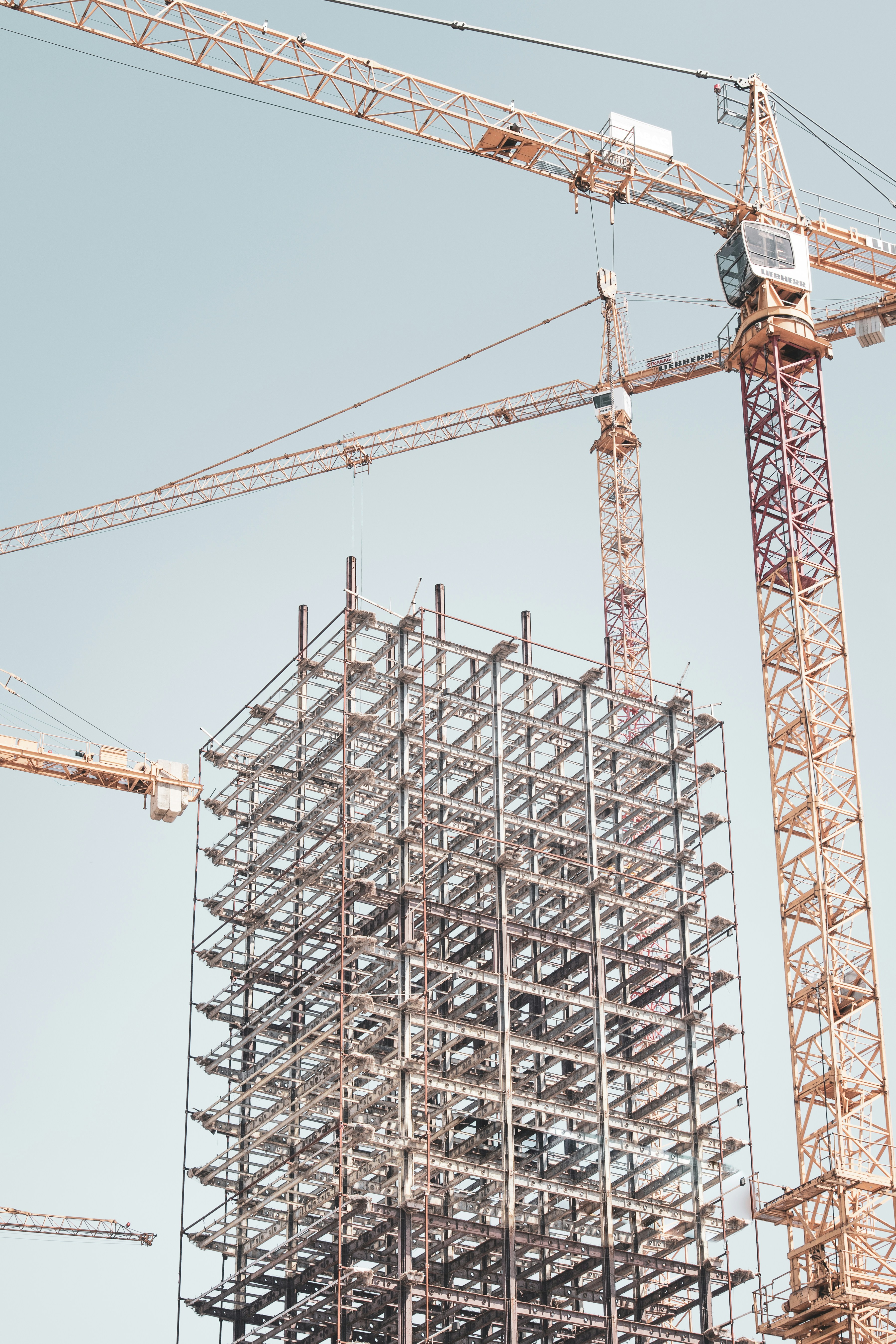Industry Updates
Modular Construction: The Future Of Fast, Sustainable Building
Author: Sophia Reynolds
Mar 22, 2025

In an era where speed and sustainability are crucial, modular construction is emerging as a game-changer in the architecture and construction industries. By assembling buildings from pre-manufactured modules, this approach is revolutionizing how we think about efficiency, cost, and environmental impact.
Unlike traditional construction, where materials are transported to a site and assembled from scratch, modular construction involves building standardized units in a controlled factory setting before transporting them for final assembly. This method not only reduces construction time by up to 50% but also significantly cuts down on material waste.
One of the biggest advantages of modular construction is quality control. Since modules are built in a factory under strict conditions, they are less susceptible to weather-related delays and on-site human errors. This results in higher precision, better durability, and faster project completion.
Beyond efficiency, modular construction is also a major contributor to sustainable architecture. Many modular designs use recyclable materials, reduce CO2 emissions, and are engineered for energy efficiency. With sustainability becoming a global priority, firms that adopt modular techniques can lower their carbon footprint while maintaining design excellence.
Several major projects have already proven the potential of modular construction. The CitizenM Bowery Hotel in New York, one of the world’s tallest modular hotels, was built in record time using prefabricated modules. In the healthcare industry, modular hospitals are being deployed rapidly in response to global crises, demonstrating the flexibility of this approach.
As the demand for affordable, high-quality, and sustainable buildings continues to grow, modular construction is set to reshape the future of architecture, offering a faster, greener, and more innovative way to build.
